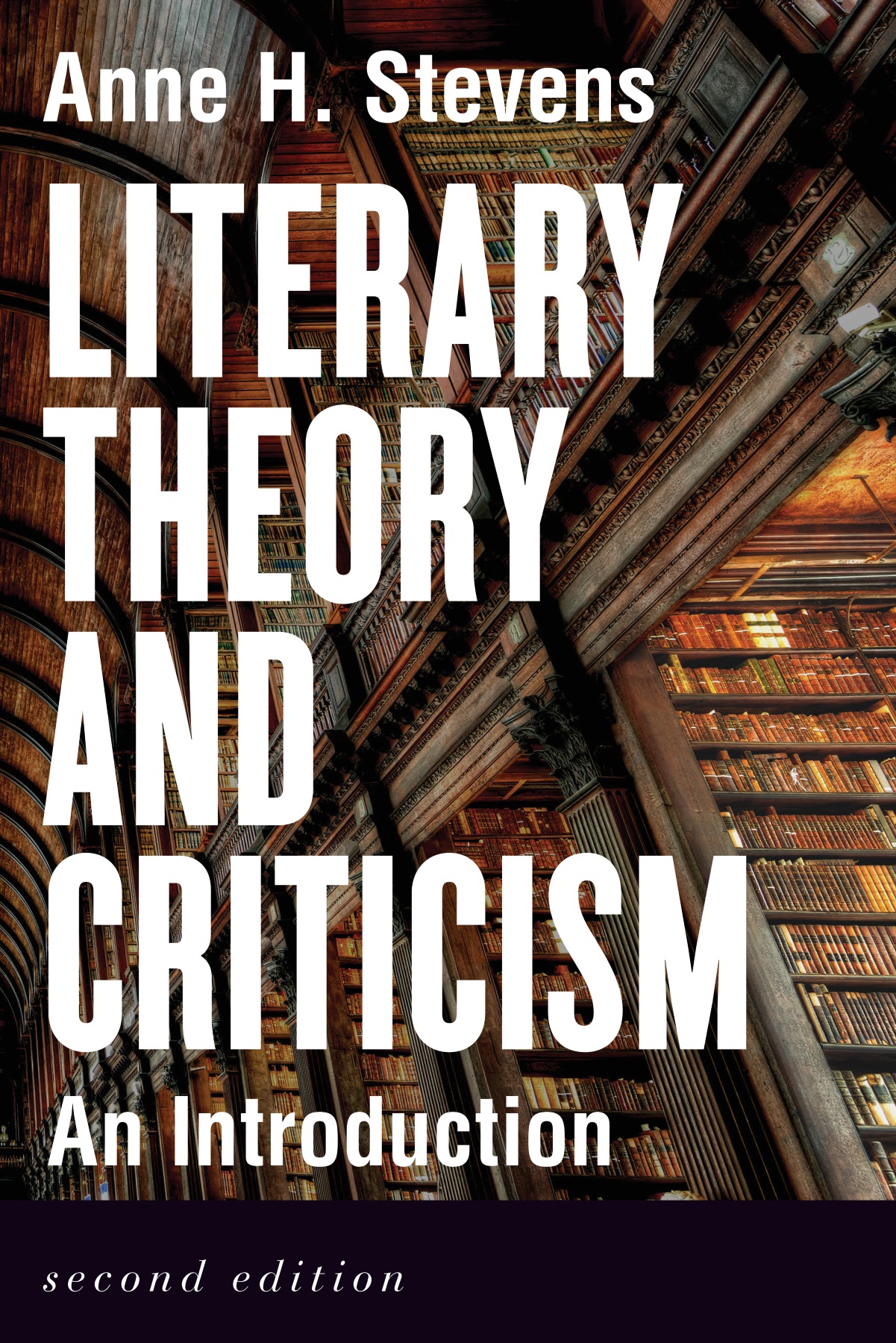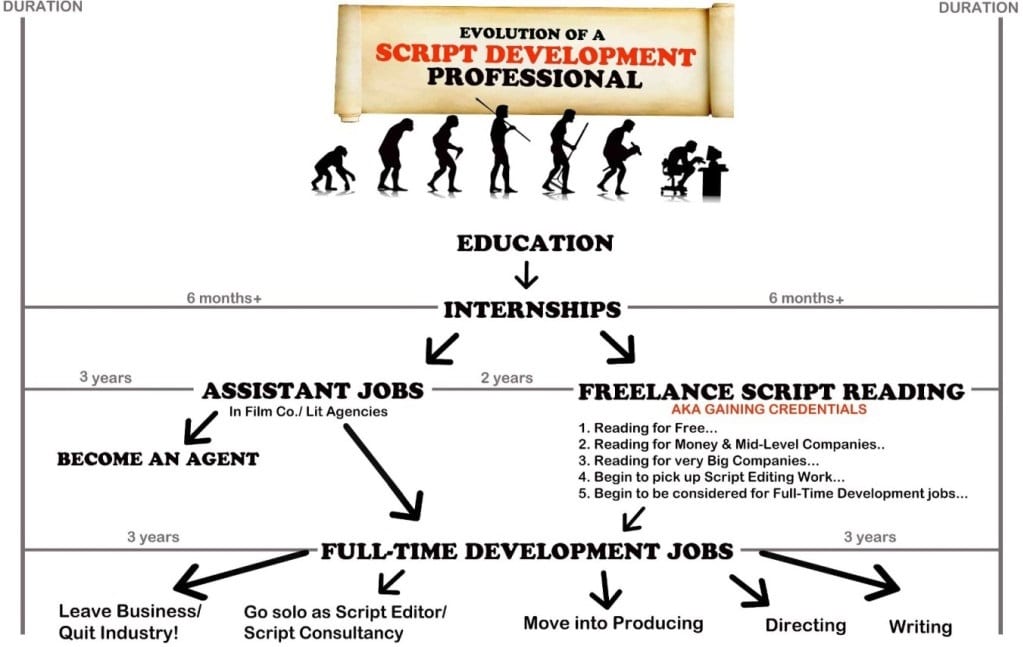Unlocking the Secrets of Literary Analysis
Are you struggling to understand the deep layers of meaning hidden within your favorite novels or poems? Do you want to enhance your ability to critically analyze literary works and express your interpretations confidently? Look no further! In this blog post, we will explore the secrets of literary analysis and provide you with valuable insights and practical tips to unlock the true essence of any literary piece. Whether you are a student, a book lover, or an aspiring writer, this guide will help you master the art of literary analysis.
1. Understand the Basics
To begin your journey into literary analysis, it’s crucial to grasp the fundamental concepts. Familiarize yourself with literary devices such as symbolism, imagery, metaphor, foreshadowing, and irony. These tools are the building blocks of meaning in literature, and identifying and analyzing them will enable you to delve deeper into a text’s message.
2. Read Actively
Active reading is key to effective literary analysis. As you proceed through a text, engage with it on multiple levels. Make notes, highlight significant passages, and jot down your initial thoughts and impressions. This process will help you to identify patterns and recurring themes, which are vital for analysis.
3. Observe Characters and their Development
Characters play a crucial role in any literary work. Pay close attention to their development throughout the narrative. Analyze their actions, motivations, relationships, and how they evolve over time. Characters often embody broader themes or ideas, so understanding their significance is paramount to unraveling the text’s deeper meaning.
4. Analyze Setting and Atmosphere
Setting and atmosphere contribute significantly to the overall tone and mood of a literary piece. Consider the physical, social, and historical context of the story, as well as the emotions evoked by the environment. Understand how these elements heighten the narrative’s impact and reflect its underlying themes.
5. Explore Narrative Structure
The structure of a literary work, including its plot, point of view, and narrative techniques, shapes the reading experience. Examine the sequence of events, the pacing, and the way the story is presented. Look for patterns, shifts, or unconventional choices made by the author, as they often offer valuable insights into the text’s deeper meaning.
6. Dig into Symbolism and Imagery
Symbols and imagery provide layers of meaning in literature. Keep an eye out for objects, actions, or settings that carry symbolic significance. Analyze how these symbols contribute to the central themes and message of the work. Similarly, pay attention to the author’s use of vivid and descriptive language to create powerful mental images and evoke emotions.
7. Consider the Author’s Background and Influences
Understanding the author’s background, life experiences, and literary influences can provide valuable context for analyzing their work. Research the author’s biography, read interviews, and explore their body of work. This knowledge can help you uncover hidden meanings or connect the text to broader literary movements or historical events.
8. Support Your Analysis with Evidence
When analyzing a literary work, it’s crucial to support your interpretations with evidence from the text. Quote specific passages that illustrate your points and explain how they contribute to your overall analysis. This practice lends credibility to your analysis and strengthens your arguments.
9. Embrace Different Perspectives
Literary analysis often involves interpretation and subjective viewpoints. Be open to different perspectives and interpretations, even if they differ from your initial understanding. Engaging in discussions or joining book clubs can expose you to various insights that further enrich your analysis and broaden your understanding of the text.
10. Practice and Refine Your Skills
Literary analysis is a skill that develops over time. The more you practice, the more proficient you become. Challenge yourself to analyze different types of literature from various genres and time periods. Write analytical essays or engage in critical discussions to refine your analytical skills and gain confidence in expressing your interpretations.
In conclusion, unraveling the secrets of literary analysis takes patience, practice, and a keen eye for detail. By mastering the basics, reading actively, and exploring various elements of a literary work, you can unlock hidden layers of meaning and appreciate the richness of literature. Remember to support your analysis with evidence and remain open to different perspectives. Now, armed with these insights, go forth and embark on your literary journey with newfound confidence!











